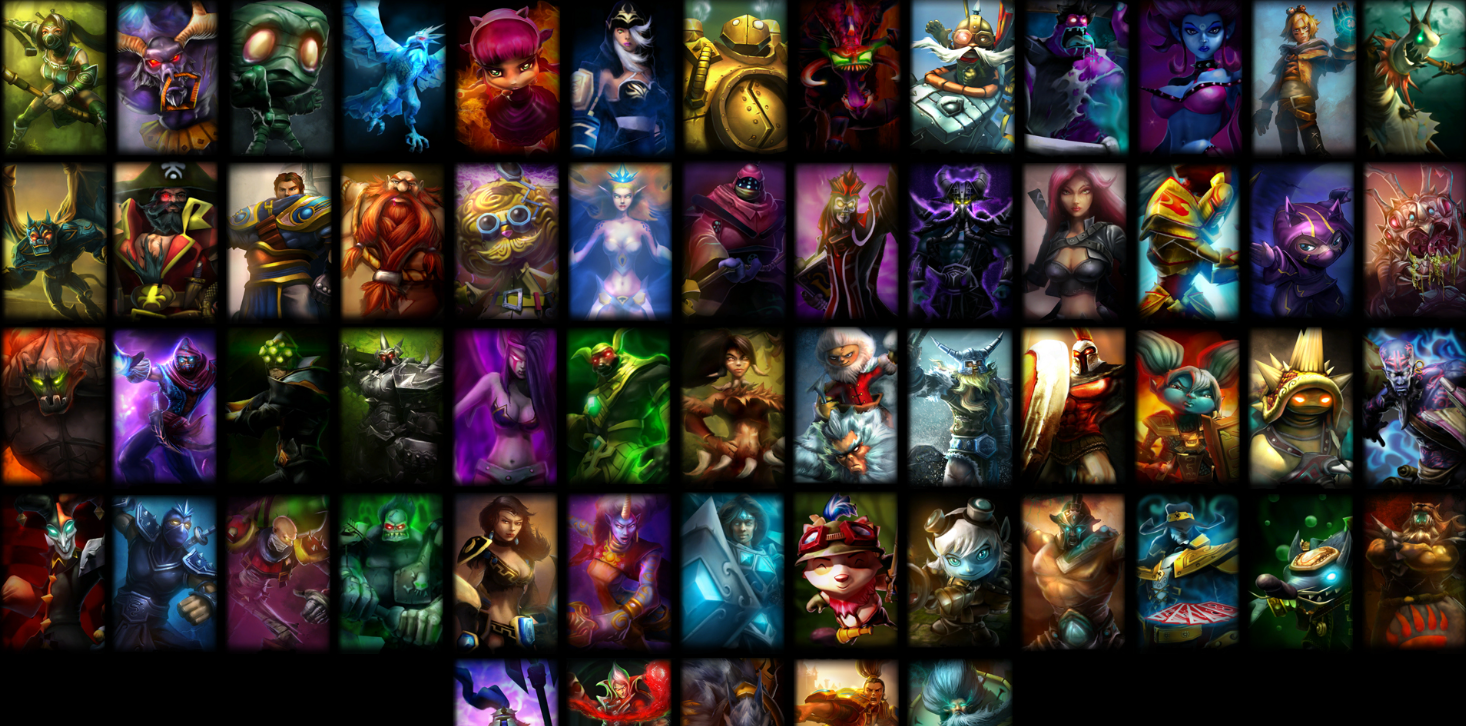
Video games transcend mere amusement, serving as gateways to intricate mental realms that captivate and shape the consciousness of players globally. From the mesmerizing visuals and entrancing audio to the intricate missions and satisfying triumphs, video games are deliberately engineered to deliver a riveting experience that resonates with the human spirit. In our journey through the psychology behind video games, we investigate the cognitive machinations that render these virtual domains irresistibly enticing and the effects they wield on our thought patterns, emotions, and actions. Grasping the psychological allure of video games sheds light on their ubiquitous presence in contemporary culture and their influence on our societal and psychological frameworks.
The Art of Captivation: The Method Behind Video Games Seizing Our Focus

Our brains are innately programmed to seek out stimuli associated with rewards, thrills, and challenges. Video games are masterfully designed to trigger this neural response, presenting an array of stimuli that can keep players engrossed for extended periods. The bright graphics, evolving soundscapes, and interactive settings come together to command a player's attention as soon as they step into the game world. Throughout their journey, players face tasks and puzzles that are finely tuned to align with their abilities, striking a perfect equilibrium between challenge and feasibility. This equilibrium, known as the flow state, is where players are completely engrossed in the activity, experiencing a fusion of concentration, pleasure, and self-motivation that causes them to lose awareness of time and external interruptions.
Furthermore, video games utilize a system of immediate feedback to reinforce player actions. Each action elicits a response within the game, be it advancing to a new stage, acquiring an in-game object, or even a shift in the soundtrack. This feedback loop signifies to players that their actions have significance, thereby affirming their influence and spurring ongoing participation. Game creators employ these concepts to forge experiences that captivate and maintain attention, incorporating triggers that stimulate the brain's reward pathways and engender a feeling of success. As players surmount challenges and see their progress, their commitment to the game intensifies, perpetuating the cycle of captivation that lures them back repeatedly.
Emotional Echoes: The Significance of Storytelling and Character Development

The narrative element of video games acts as a potent mechanism for forging emotional bonds between the players and the virtual realms they explore. Through complex stories and relatable characters, game developers can stir a wide range of emotions in players, from happiness and thrill to compassion and sorrow. The narrative lends meaning to the gameplay, turning what might be random tasks into a consequential odyssey. As players emotionally engage with the storyline, they form connections with characters and become more immersed in the game. This emotional investment can lead to greater satisfaction when objectives are met or, conversely, a feeling of grief when characters endure trials or defeat.
Beyond the overarching story, video games often empower players to make choices that shape the narrative's direction. This sense of agency endows players with a vested interest in the game's outcome and can lead to intense emotional reactions as they contend with the repercussions of their choices. Role-playing games, in particular, allow players to embody their characters, making decisions that reflect their morals or intended ends. Over time, these characters may seem like extensions of the players themselves, fostering a profound sense of attachment and immersion. The emotional resonance of video games is thus a key element of their psychological draw, tapping into the innate human yearning for storytelling and self-expression.
The Collective Aspect: Video Games as Digital Societies

While video games can be enjoyed alone, they also possess a significant social aspect that contributes to their mental appeal. Multiplayer games especially create digital societies where players can interact, cooperate, and compete with peers globally. Such interactions can lead to friendships, rivalries, and a feeling of community. The social element of gaming is bolstered by features like rankings, guilds, and teamplay, which promote interaction and collective effort toward shared objectives. The fellowship and social ties formed in these digital arenas can rival real-life connections, offering support and a common identity that transcends the game.
Additionally, the emergence of online streaming and gaming content on social media has broadened gaming's social reach. Players can broadcast their gaming experiences, tactics, and successes to a wider audience, nurturing a sense of community among fans and creators. This shared gaming culture creates a common vernacular and experiences that unite players across diverse backgrounds. Hence, the social dynamics of video games are pivotal to their psychological influence, providing a platform for connection, competition, and cooperation that reflects the social constructs encountered in daily life.